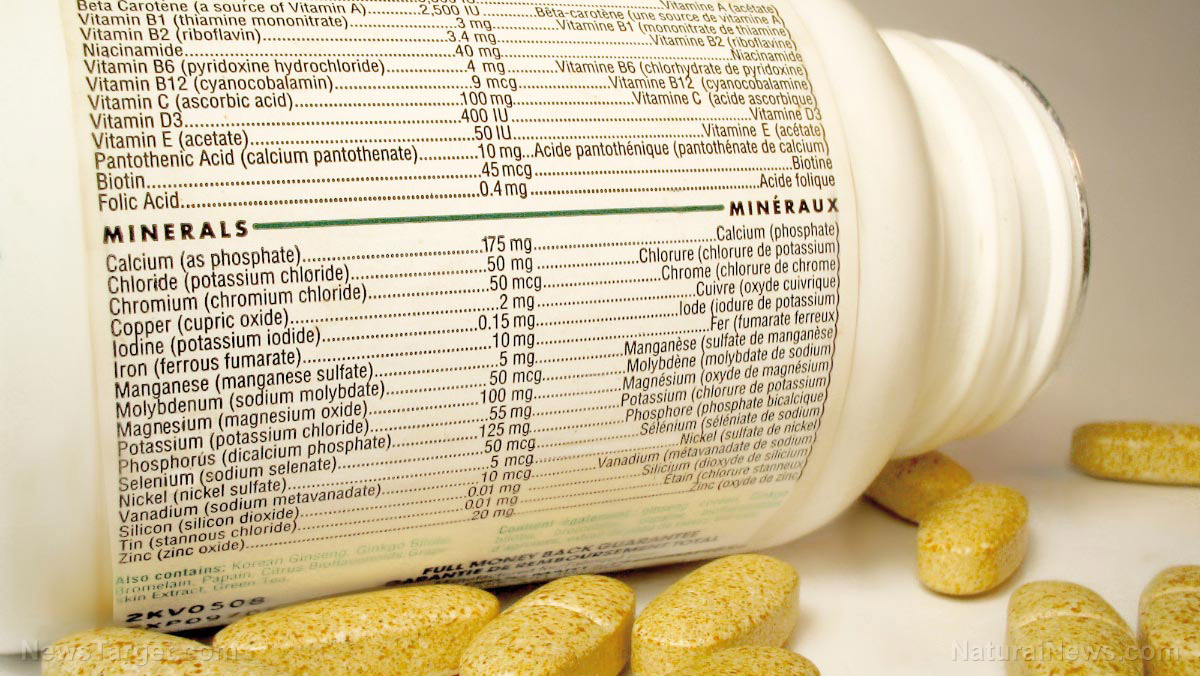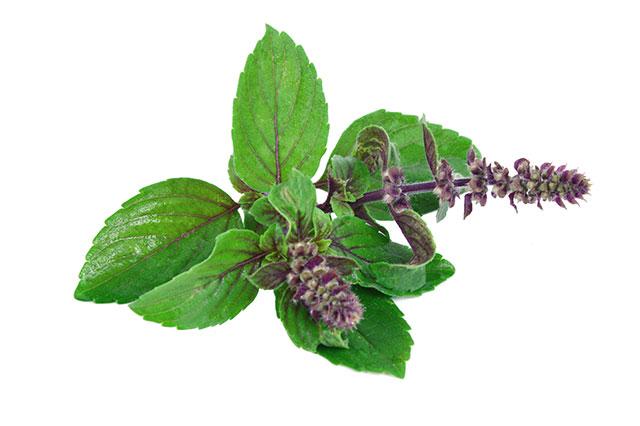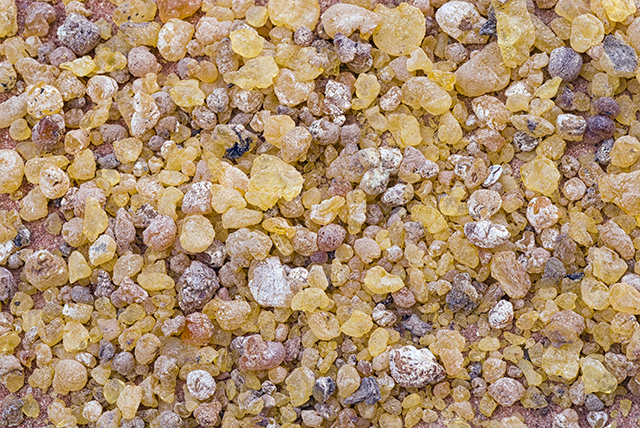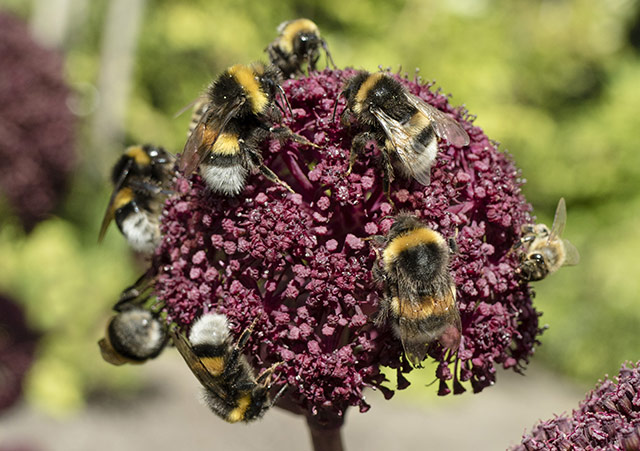More harm than good: Most men are better off NOT treating prostate cancer — most tumors will not cause harm
11/13/2017 / By Isabelle Z.

We’ve all heard that early detection is vital for many medical conditions, but when it comes to prostate cancer, an Oxford academic has claimed that thousands of men who have the illness would actually be better off if they had never been diagnosed.
According to Professor Freddie Hamdy, many men with slow-growing tumors that hadn’t spread underwent treatment they didn’t need out of sheer anxiety over the presence of the tumor.
He said that a diagnosis prompted many men to feel worried and depressed, opting to get treatment even when it wasn’t in their best interest.
Professor Hamdy said: “You can over-detect [prostate cancer] in people, when it wouldn’t cause them any harm. Over-treatment is a consequence of over-detection because when you tell a patient that he has cancer, you give him a new identity, you give him a new passport which he is going to have to carry for the rest of his life.
Radiotherapy and prostate cancer therapy can have severe side effects, including incontinence and the loss of a man’s sex life.
Right now, Professor Hamdy is leading a U.K. trial looking at 82,400 prostate cancer patients between the ages of 50 and 69 to compare outcomes and costs between patients who opt for radiotherapy, surgery, or no treatment beyond regular follow-ups.
In earlier research, Professor Hamdy studied 500 men who had localized prostate cancer. This type of prostate cancer makes up about half of all cases and refers to a slow-growing cancer that hasn’t spread to any other organs.
The patients he studied got regular scans but did not undergo any treatment in an approach known as “active surveillance.” In the beginning, 80 percent of the men agreed not to undergo any treatment and continue their monitoring, but this figure dropped to 75 percent after three years. A decade later, only 44 percent had not undergone treatment. Only 1 percent had died as a result of their cancer, while another 10 percent passed away due to other causes.
Most of the patients decided to get treatment not because their cancer had spread but because of anxiety about the possibility of it spreading in the future.
The Research Director of Prostate Cancer U.K., Dr. Matthew Hobbs, said that the results are very positive for men who are diagnosed before the cancer spreads outside the prostate as 99 percent of the men lived for at least a decade regardless of treatment. He pointed out that it shows that when active surveillance is carried out to a high standard, it can give men the same survival odds over ten years as those who opt for radiotherapy or surgery.
Dr. Hobbs said that these results should be conveyed to men with localized prostate cancer so they can make informed choices regarding how to proceed.
Look to your diet to help fight prostate cancer
It’s understandable that men who are diagnosed with prostate cancer would feel compelled to do something about it, but unnecessary treatment is clearly the wrong path to choose. Instead, men can take control over their health by improving their diet, eliminating processed foods and chemical preservatives. Perhaps more importantly, there are a few key foods they should add to their diets.
Research has shown that eating apples and grapes is a great way to fight prostate cancer. In a study out of the University of Texas at Austin, researchers found that the resveratrol in grapes and ursolic acid in apple peels were among the most effective compounds when it comes to starving prostate cancer cells and stopping their proliferation. Combining the two also prevented cancerous cells from consuming the glutamine they need to grow.
With one out of every seven men expected to develop prostate cancer according to the American Cancer Society, it’s important for all men to proceed with caution following a diagnosis and avoid getting unnecessary treatments. Follow more news on the dangers of medical interventions at DangerousMedicine.com.
Sources include:
Tagged Under: active surveillance, grapes, overtreatment, Prostate cancer, prostate cancer surgery, prostate cancer treatment, radiotherapy, unnecessary treatment




















